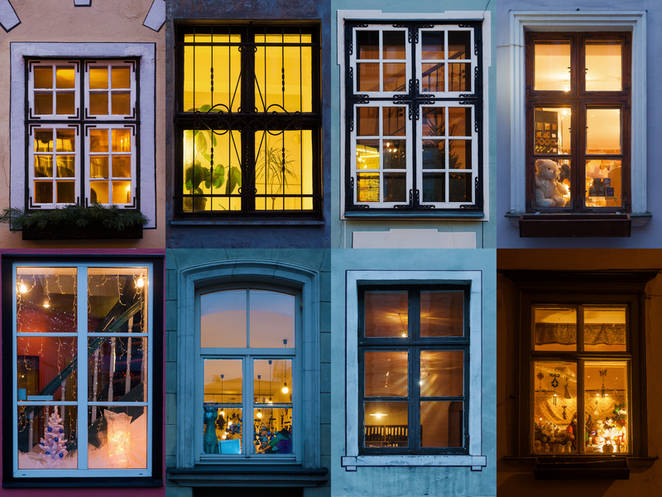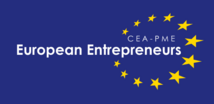There is much to do for your corporate clients, and Valters Genks (EJ Latvia) does it all, but he also chases counterfeited products. A hunt that proves challenging and exciting!
Created fifteen years ago, Valters’ lawfirm works in all three Baltic states and also sometimes with Finland. “I studied in Chicago and Moscow”, says Valters, “so I know both ways of thinking!”
Among the tasks he fulfills for his mostly corporate clients, one includes intellectual property. “We are sitting at the borderline of the European Union”, explains Valters, “thus this is where counterfeited goods are attempting an entry. Those cases are very interesting. We represent clients from big international companies and we can work for them on anything related to corporate law: we devise their business model together, work on their finances, how to optimise their cash flow, etc. But intellectual property is especially fascinating.”
Asked about what it involves, Valters provides a few examples: “imagine a truck full of, for example, basketballs, trying to pass our border. The paperwork says they are made in America, but actually they were counterfeited in China. This is when we intervene: the customs would seize the shipment, take a sample and send it to the company to ask for verification. And if our client says that indeed this sample is a fake, then we make sure the shipment is destroyed.”
According to Valters, though, the perpetrators themselves are often difficult, if not impossible to catch. “I remember a case of a person in Latvia who collected empty bottles of Martini and re-used them to seal a different beverage inside! This was a violation of the intellectual property of Martini, and he was sued. But most times, the counterfeiters are far away. We focus more on the seizing of these goods than suing the person behind them.”
The work proves fascinating indeed: Valters has sometimes had to recruit detectives to find the origin of the goods. It can be very tricky to detect the entry of these fakes. “We are working on quite a big case involving counterfeited houses! They try to import and sell prefab houses whose design was copied from our client, thus making it an intellectual property violation. It is very hard to stop them because they bring the houses in piece by piece!”
Another original case implies a car brand. Some car retailers, sometimes very big, would print the brand's logo on their building and claim to be an official seller. “In reality”, says Valters, “they are not, which means the advertising of their logo is, not counterfeiting, but unfair use of intellectual property, and I also work on that”.


